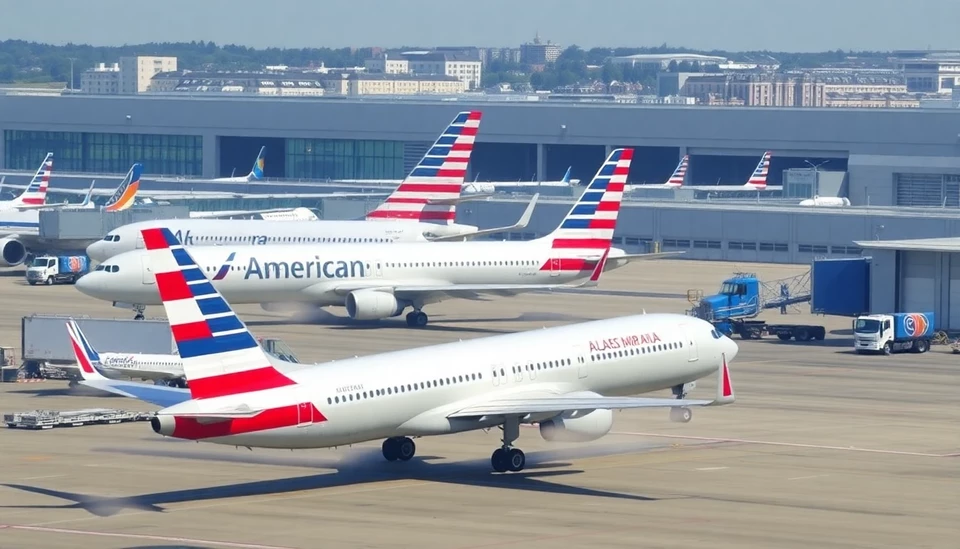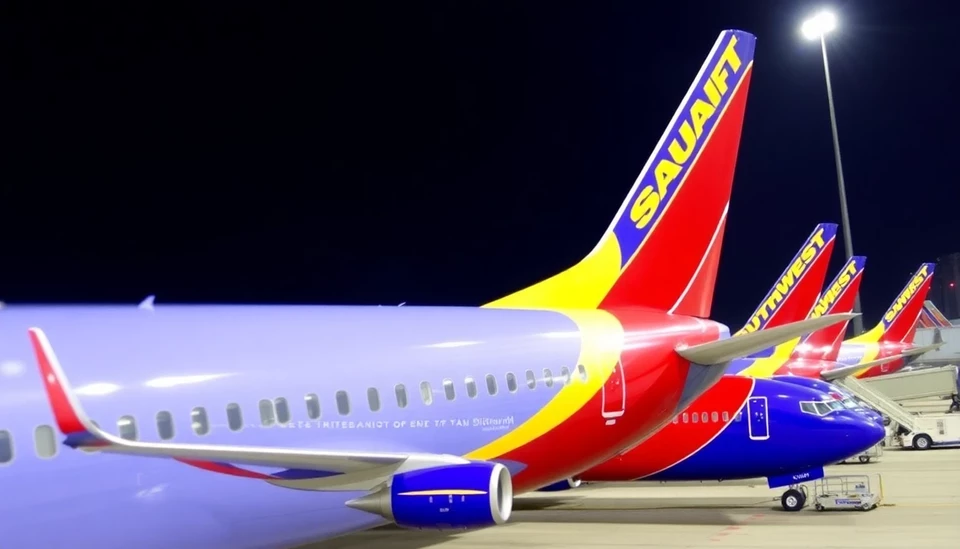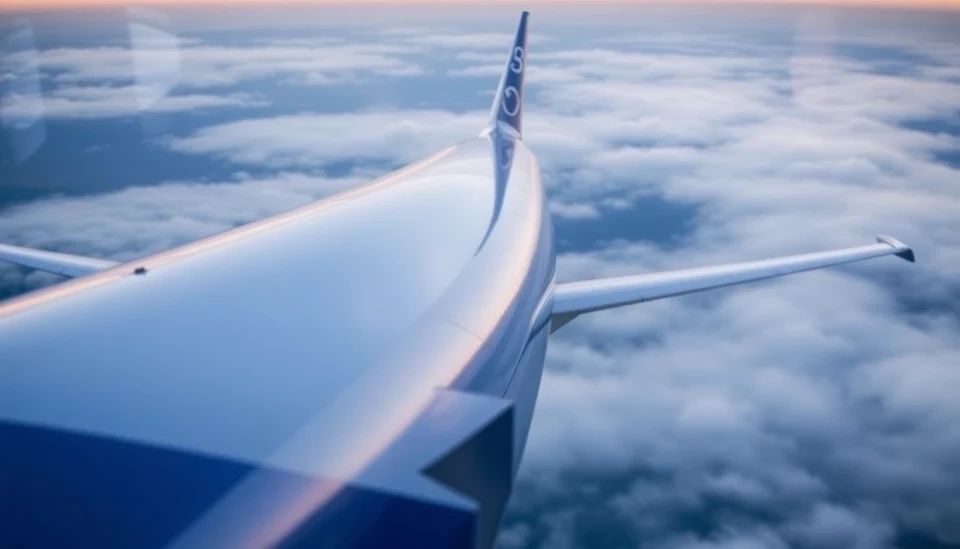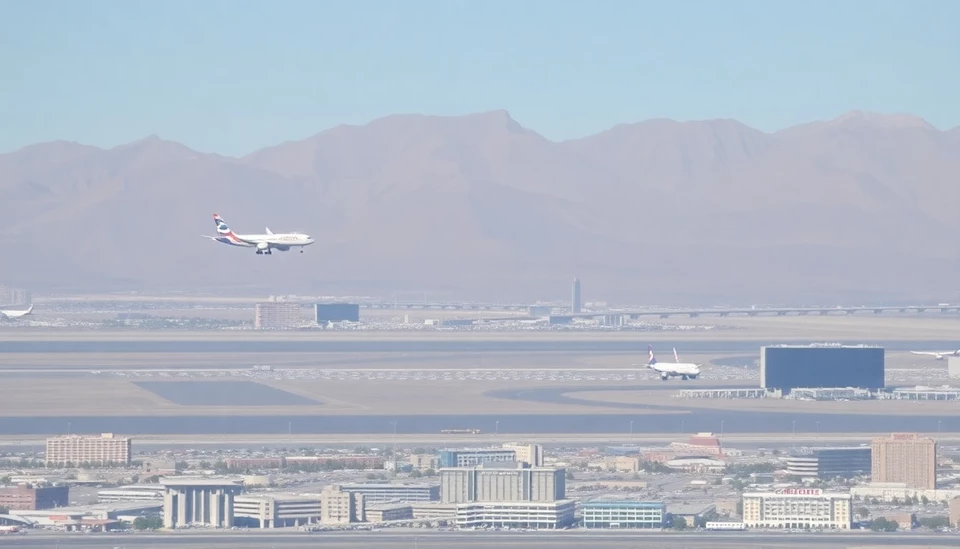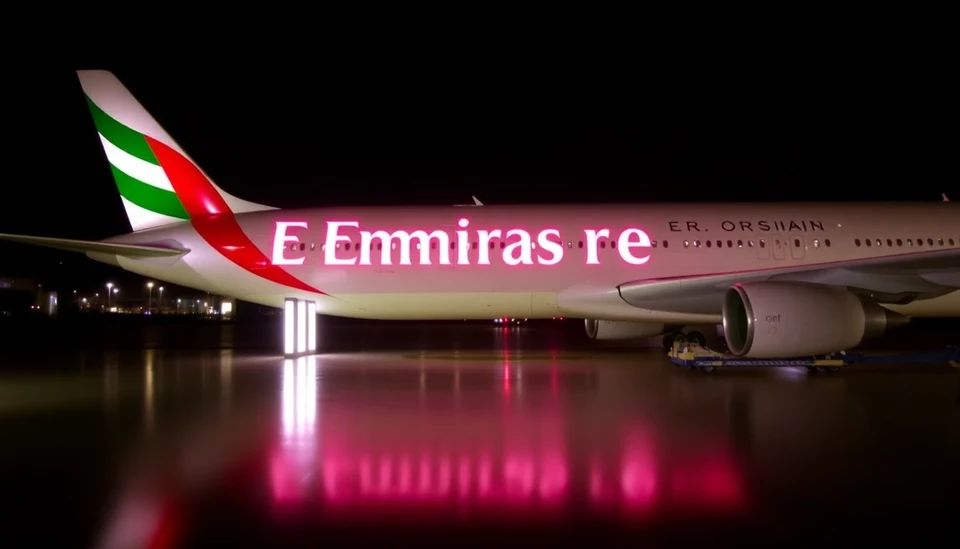
In a recent financial disclosure, Emirates Group has announced an 8% decline in profits for the first half of its fiscal year, attributed largely to the introduction of a new tax regime. This significant shift in their financial landscape comes during a period of rising operational costs and increased competition within the airline industry.
The aviation giant, which encompasses both Emirates Airlines and dnata, the group’s ground services and in-flight catering arm, reported a net profit decrease for the six months ending on September 30. This decline marks a stark contrast to the previous year's figures, revealing the operational challenges faced by the company amid altering economic conditions.
The introduction of the new tax has been cited as a primary factor affecting the Group’s profitability. Analysts suggest that the tax was intended to streamline revenue for the government but has inadvertently placed an additional burden on already strained margins in the transportation sector. The Emirates Group has been striving to mitigate the impact of this tax, although results thus far have not been optimistic.
Despite the profit drop, Emirates Group remains bullish on its long-term growth strategy, with ongoing investments in both fleet expansion and technological advancements. The airlines are focusing on enhancing customer service and operational efficiency to navigate the challenges posed by the taxing environment. Executives have indicated that they will remain vigilant in adapting to these new tax liabilities and are exploring various strategies to sustain profitability.
Travel demand has had a notable impact on earnings, with the return of international tourism playing a role in growth for Emirates. However, the higher operational costs tied to rising fuel prices and labor shortages have also weighed heavily on the Group's bottom line. The pressures amount to a complex balancing act that the company is actively managing.
Furthermore, as global travel continues to rebound, Emirates Group is optimistic about recovery. Strategic alliances and partnerships are on the horizon as the company seeks to re-establish its robust market presence in the face of these challenges.
Looking ahead, market analysts are keenly watching how the Emirates Group will adapt its business model to factor in the new taxes while striving for profitability. Stakeholders remain hopeful that the airline will leverage its brand strength and operational capabilities to rebound in the coming quarters.
In conclusion, while the Emirates Group’s first-half profits have shown a decline due to newly imposed taxes and increased costs, strategic foresight and emerging travel trends could shape a more favorable financial outlook for the airline's future. As the company navigates these changes, the aviation sector will also keep close tabs on its recovery efforts.
#aviation #news #Emirates #Group #Emirates #Airlines #dnata #travel #demand #profit #decline #new #tax #recovery #strategy
Author: Victoria Adams
